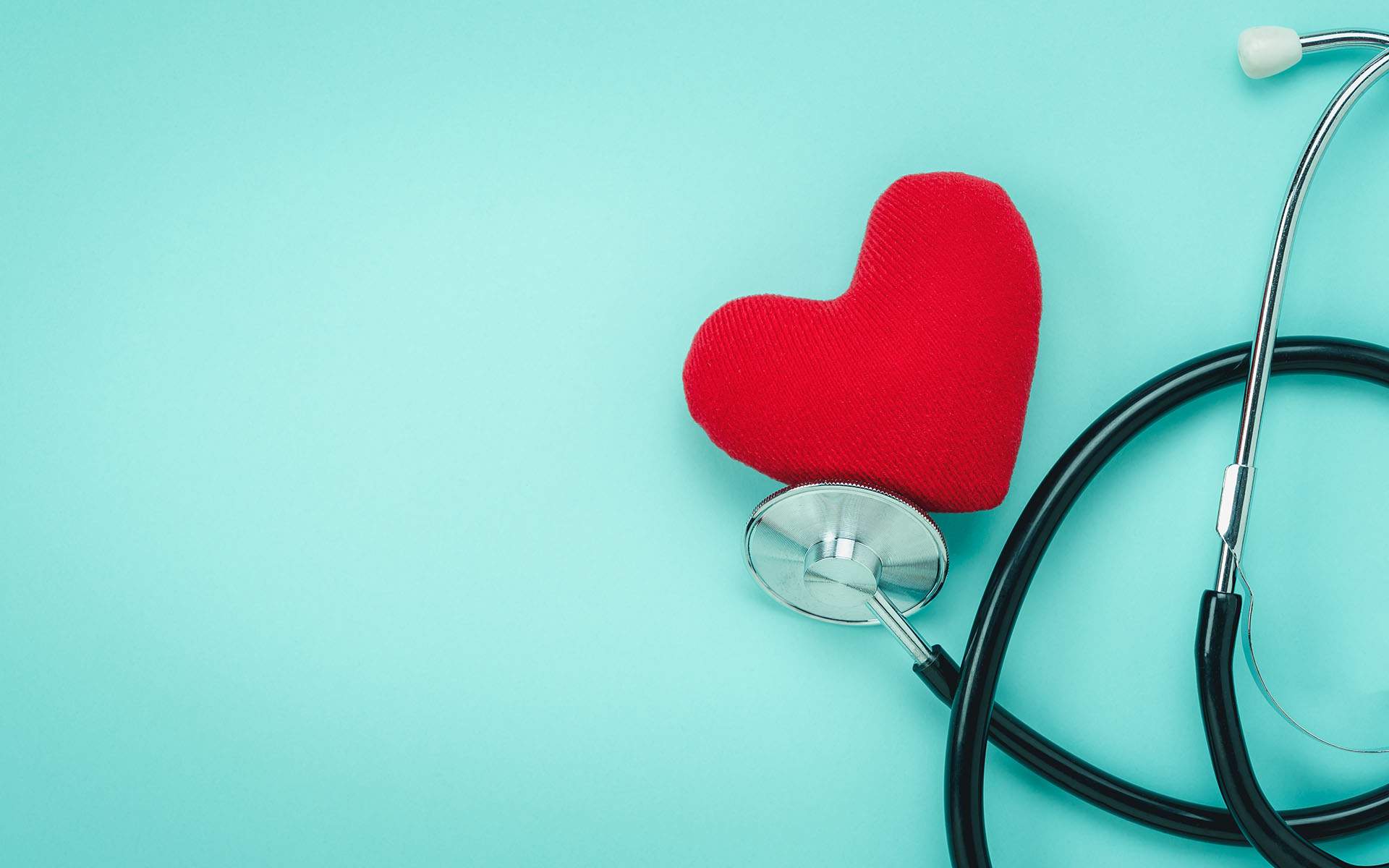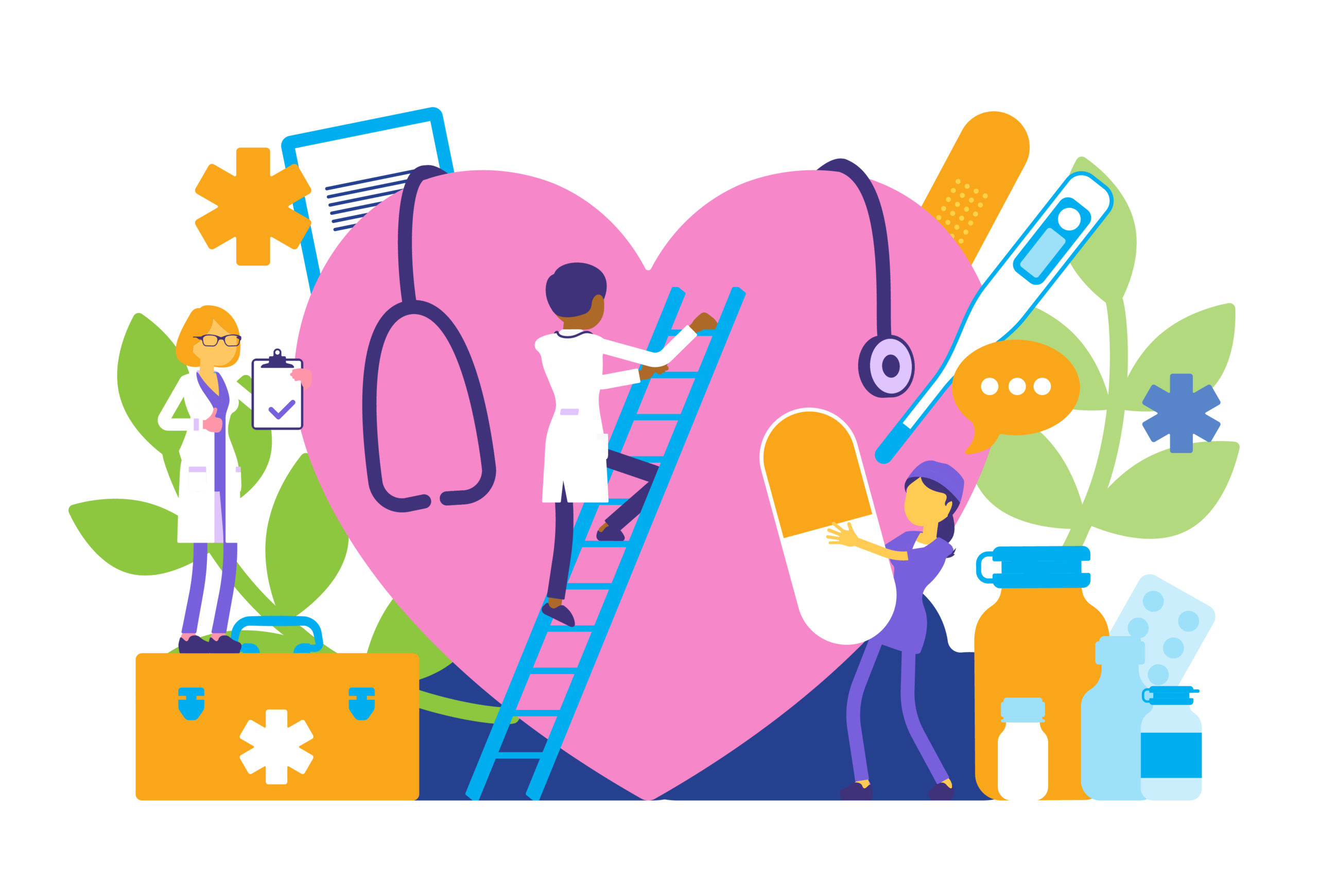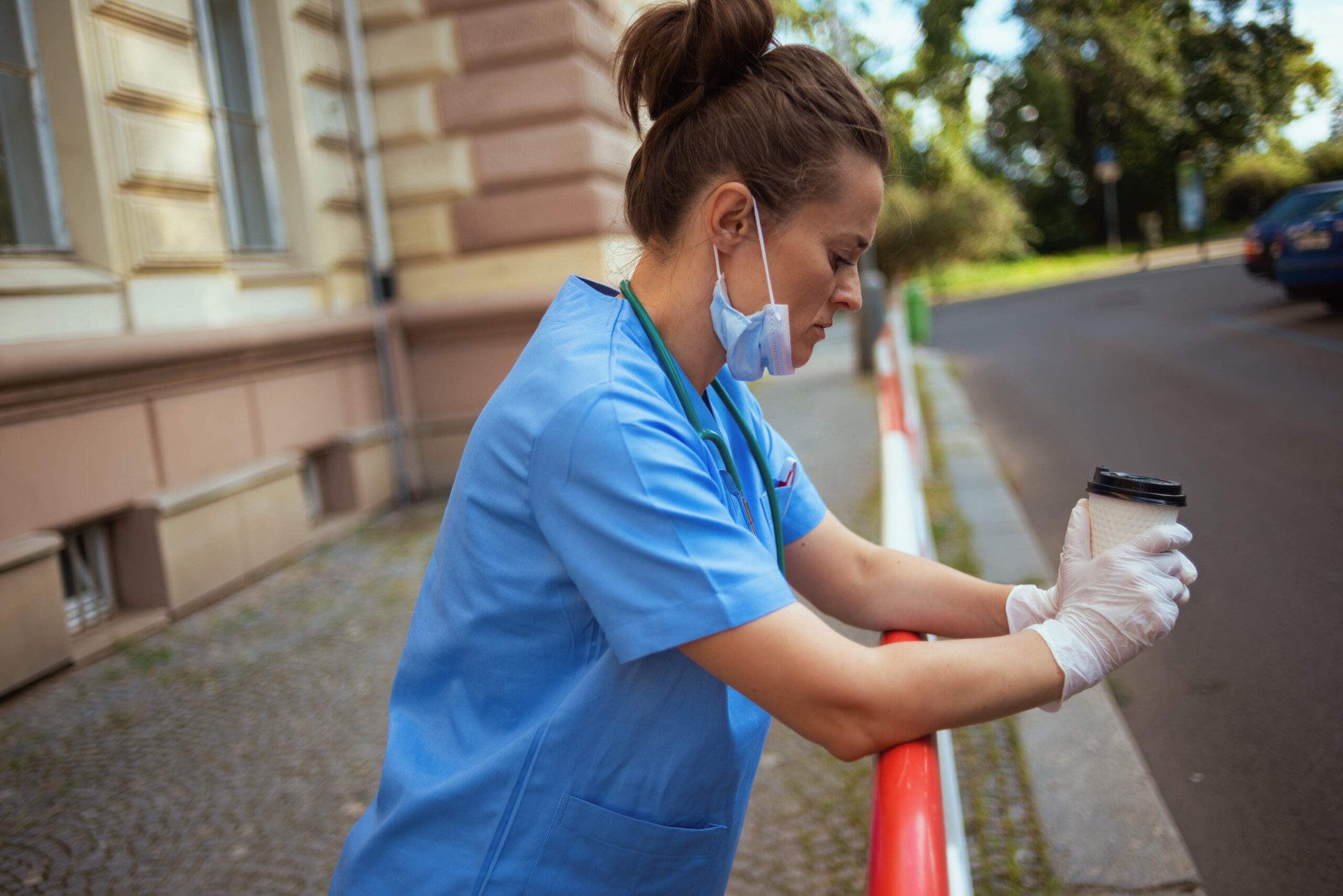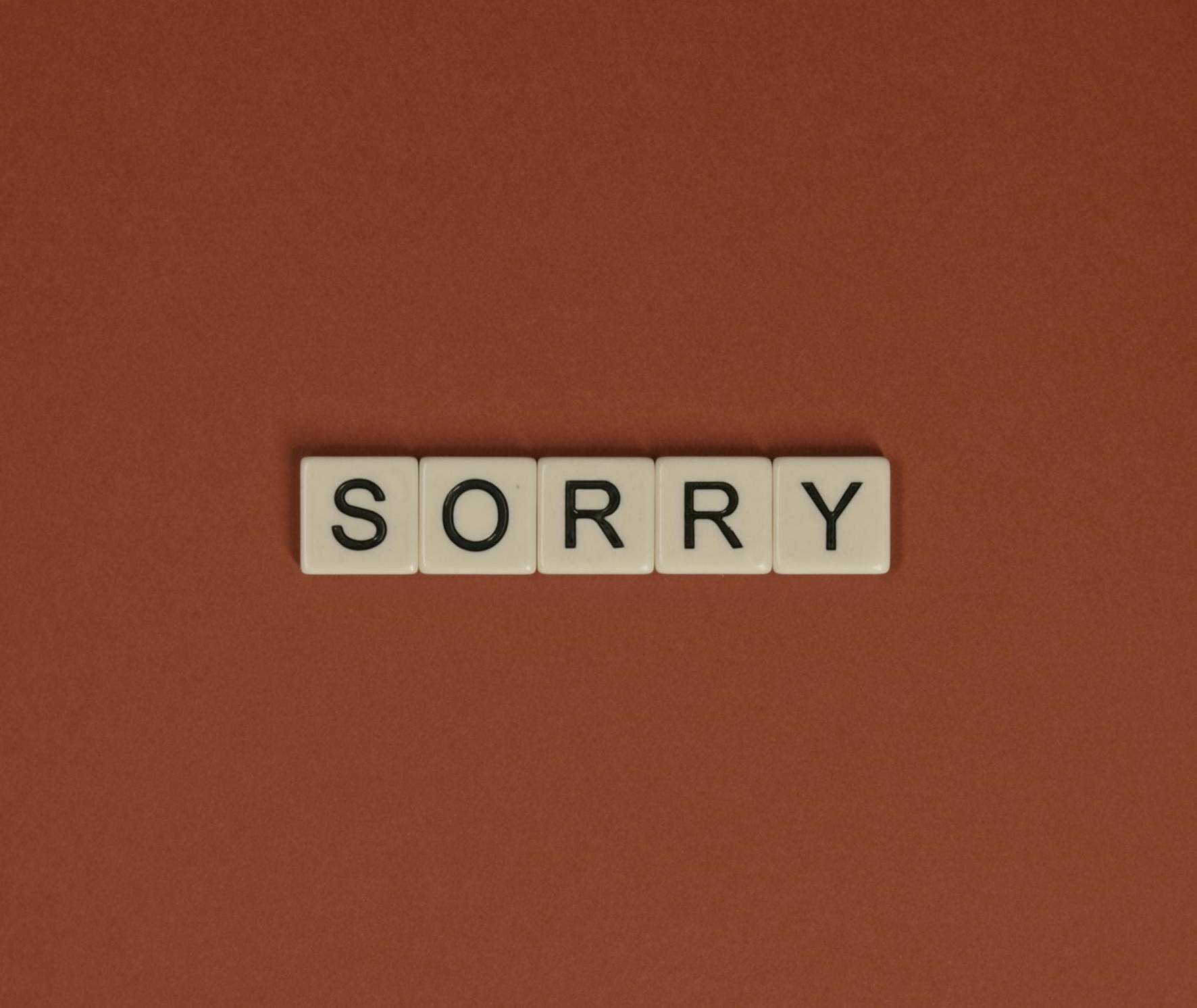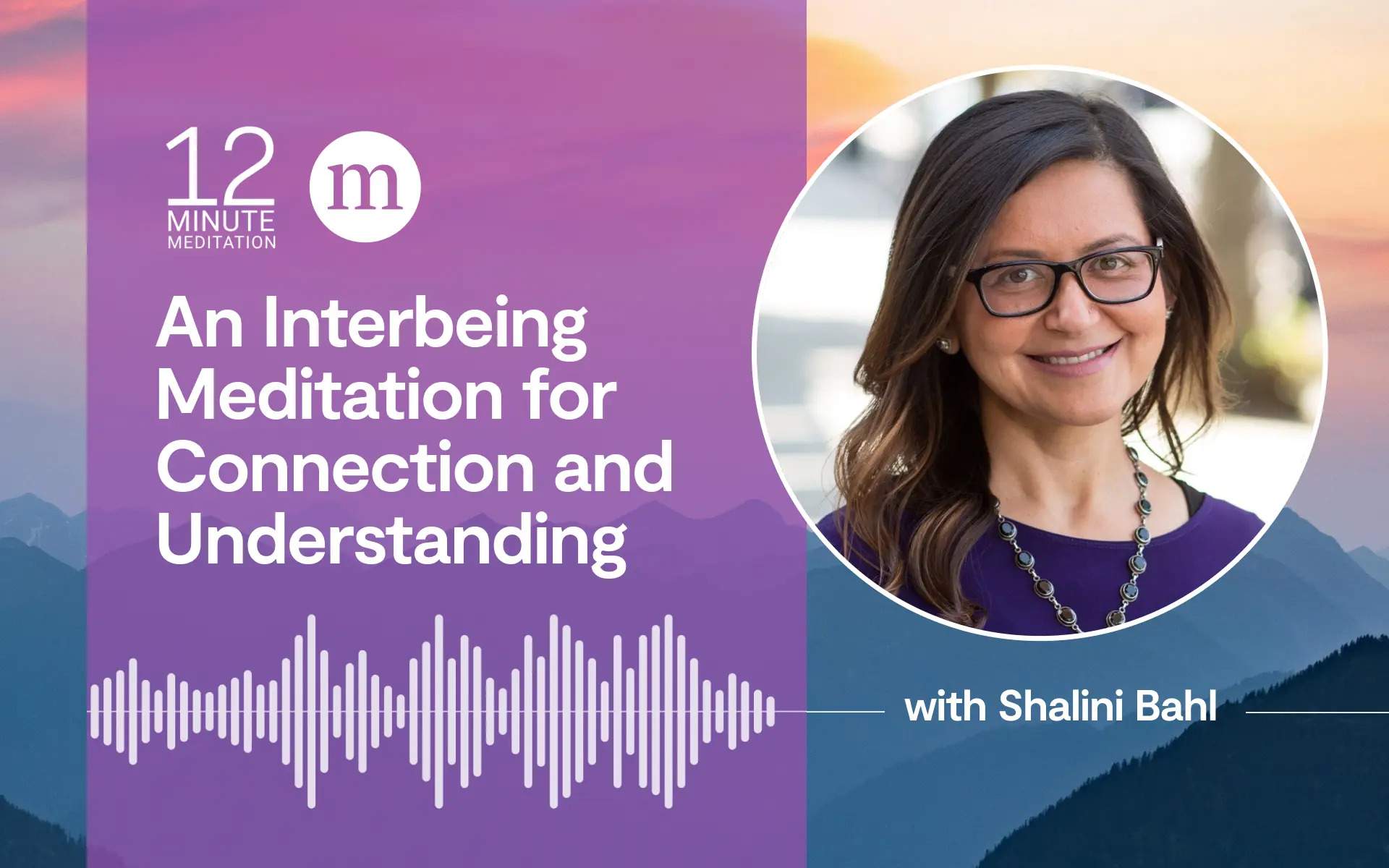When Dr. Reena Kotecha found herself having a panic attack in the cereal aisle of a supermarket, she knew something was wrong. As a doctor, she was used to diagnosing and treating others, but when it came to herself, she found that she had “a personal blind spot.”
“As a healthcare professional you hold this identity of: I am the caregiver, not the caretaker. I’m meant to be the ‘strong one’—the one who’s got it all figured out,” she says.
The Importance of Self-Care
By chance, she met a woman who became her meditation teacher, and from there everything began to shift. “When I first sat down with her, I just cried for the first 20 minutes,” she recounts. “And while most people would ask, ‘what’s wrong with you?’ she just said, ‘Shall we take a few breaths?’ And, you know, in those moments, I felt a little lighter.”
In medical school, Dr. Kotecha learned about the human body, but she wasn’t taught an important lesson: how to listen to it.
“This is what drives me—supporting healthcare professionals so that they’re able to not just do their best work, but show up with optimal mental and emotional health.”
Dr. Reena Kotecha
“I was trained in anatomy and physiology and pharmacology and looking after others. But no one ever trained me, or suggested that it would be important, to look after myself in the process,” Dr. Kotecha says. So, with the belief that “health care starts with self-care,” Dr. Kotecha started Mindful Medics, a training program that promotes health and well-being, and professional productivity and engagement through mindfulness, compassion, emotional intelligence, medicine, and neuroscience.
You Are Not Alone
“I know what it’s like to feel so lonely and so isolated and so dejected—caring for others while feeling like you are running out of capacity—which has been exacerbated by the pandemic,” Dr. Kotecha says. “The support that healthcare professionals need is not just physical PPE, but mental and emotional support as well. Mindful Medics helps provide skillful space for healthcare professionals to share and reflect on what they’ve seen throughout the day and have someone just listen or guide them through a practice to find some calm. This is what drives me—supporting healthcare professionals so that they’re able to not just do their best work, but show up with optimal mental and emotional health.”
READ MORE
Mindfulness for Healthcare Professionals
Accessible mindfulness and mindful healthcare practices, meditations, and resources for healthcare workers.
Read More
Four Mindfulness Tools to Support Healthcare Workers Right Now
When we tune in to our innate capacity for mindfulness, we’re better equipped to show up for our patients, our loved ones, and ourselves, without burning out.
Read More
Three Signs of Burnout in Healthcare—and the Role of Mindfulness in Healing the System
Cardiologist Jonathan Fisher unpacks the need to be aware of what the epidemic of burnout looks like, and how mindfulness can serve healthcare providers.
Read More


